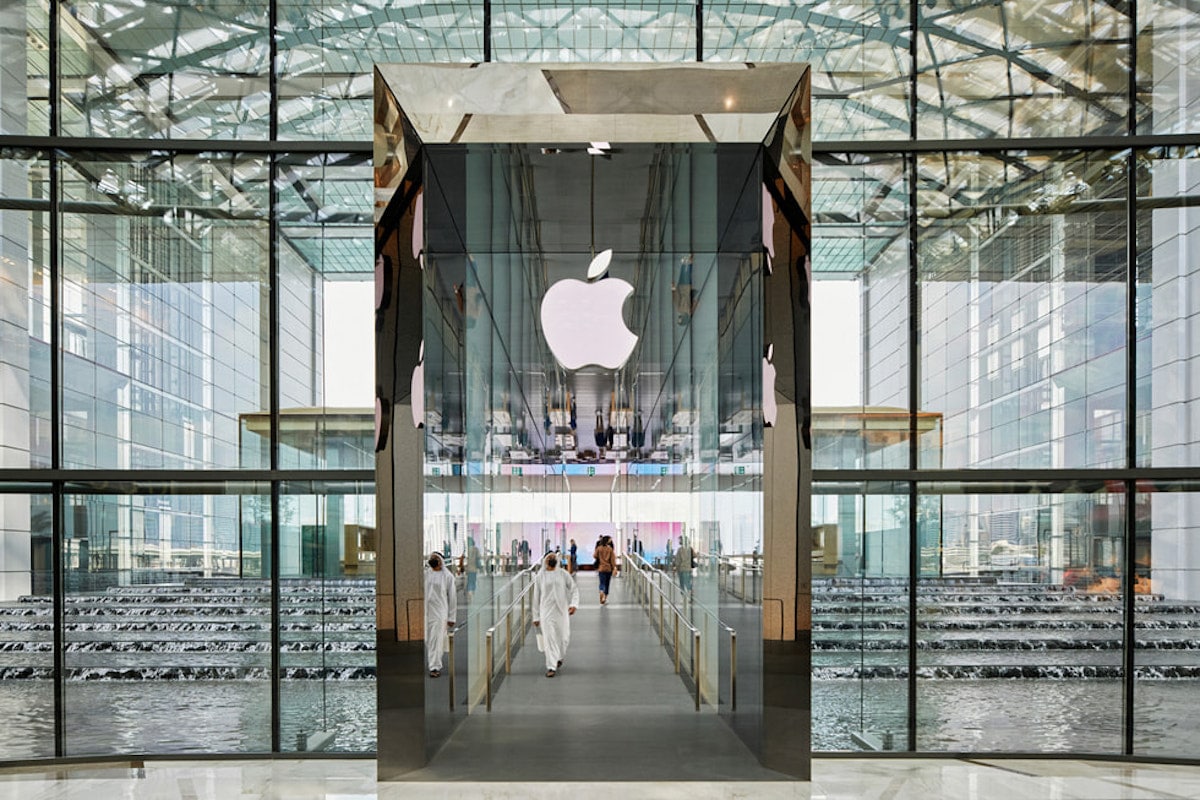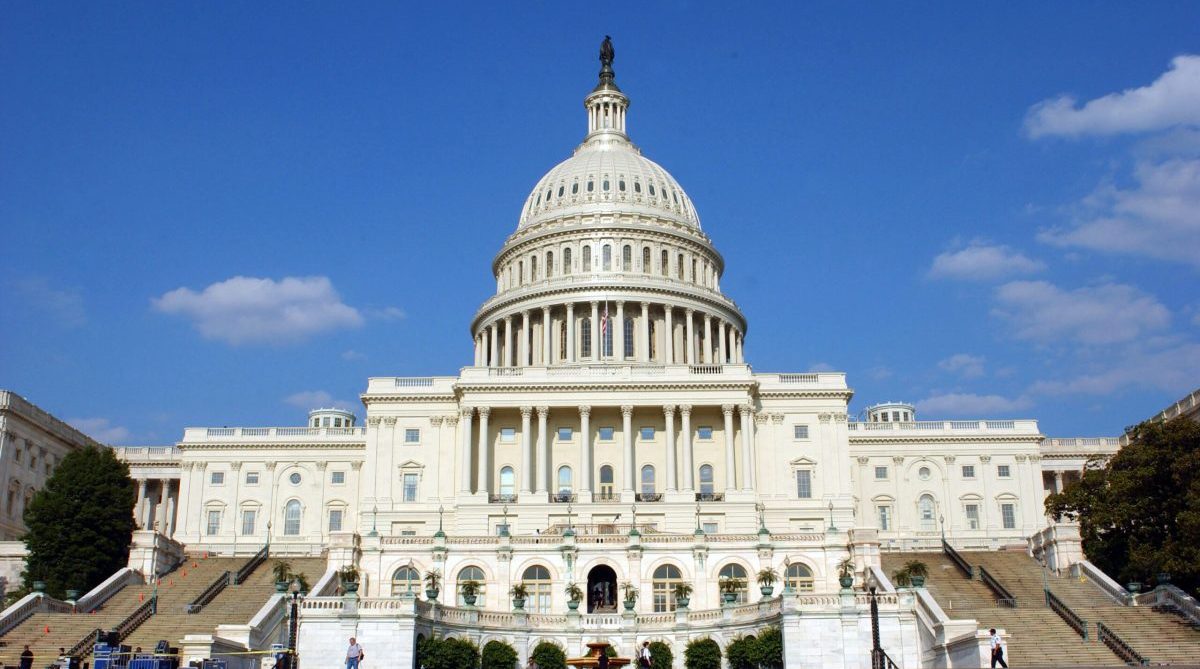Apple spent $9.4 million on lobbying in 2022, a 44% Y-o-Y increase, to combat damning legislation in the United States.
Currently, the tech giant facing multiple antitrust investigations in the country and facing bi-partisan bills which could change its business model like the “Ending Platform Monopolies Act” which could force the tech giant to sell certain operations, allow sideloading, American Innovation and Choice Online Act, Open Markets Act, and others aimed to limit the power big tech companies over their digital ecosystems.
Previously, it was reported that Apple spent $2.5 million in Q1, 2022, and $1.9 million in Q2, 2022. Now, CNBC reports that the tech company’s total lobbying effort cost over $9 million in 2022.

Even with a significant increase, Apple lobbying spends still less than other tech giants
In 2022, Apple spent more money on lobbying than it did in 2021. The company’s public filing revealed that it lobbied against antitrust bills in the fourth quarter of 2022 and for issues like taxes, content moderation, climate change, online privacy, LGBTQ issues, semiconductor policy, and immigration.
However, the Cupertino tech giant was still behind other tech companies in lobbying spending. Amazon and Meta spent the most, over $19 million each, out of the top five tech companies: Apple, Amazon, Google, Meta, and Microsoft.
Though Apple’s lobbying spending grew the most in the past year compared to peers in the industry, it still spends far below other tech giants. Apple’s total lobbying efforts came to nearly $9.4 million for all of 2022, a record for the company but just below Microsoft’s $9.8 million and Google’s $10.9 million.
Amazon and Facebook-owner Meta topped the list by total spend, doling out $19.7 million and $19.2 million, respectively. For Amazon, that was a roughly 2% increase in spend compared to 2021 and it was a 4.6% decrease for Meta.

The report details that the tech companies’ lobbying efforts were fruitful because the “highly disruptive” bipartisan legislation of 2022 was not put in the house for voting.
In 2022, tech giants faced the prospect of bipartisan legislation that would be highly disruptive to their business models. Such measures included antitrust bills that would prohibit large platforms or online marketplaces from unfairly promoting their own products over others listed on their forums, or prevent app stores from forcing developers to use their in-app payment system, from which they often take a cut.
Those measures ultimately never got a vote on the floor of either chamber of Congress — a fact that the bills’ sponsors have blamed at least in part on an aggressive tech influence campaign.